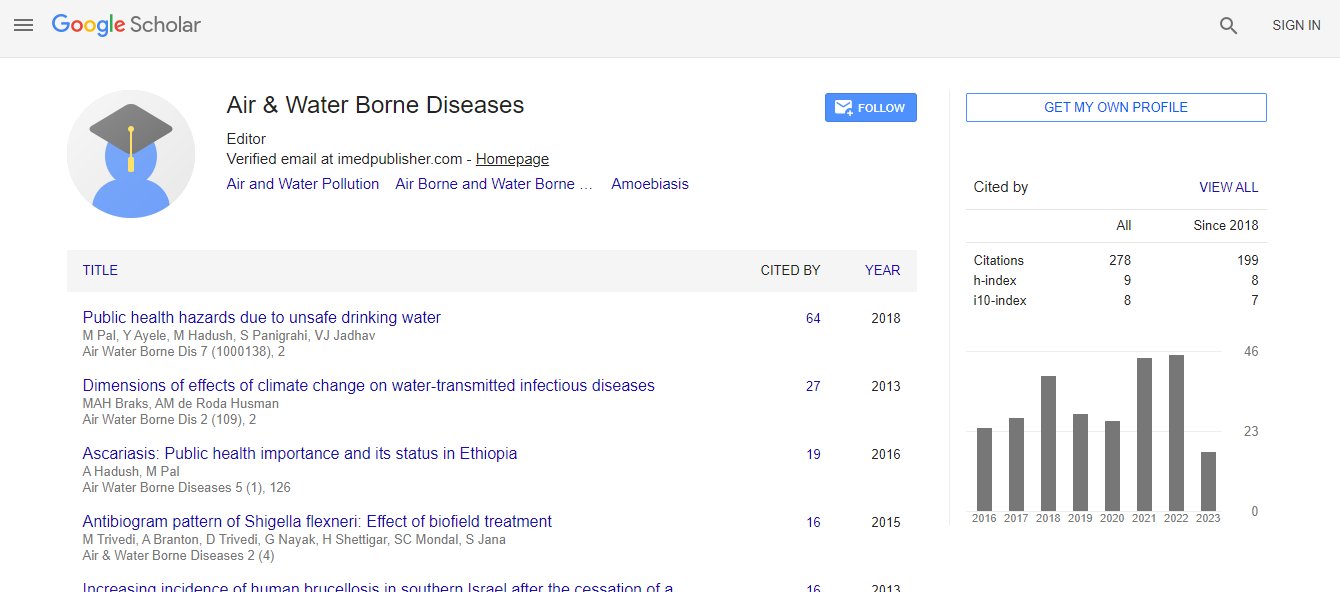Case Report
An Unusual Case of Clostridium difficile Infection in Trinidad and Tobago
Lemar Blake1, Patrick Eberechi Akpaka1*, Adash Ramsubahag2, Renea Ali2 and Asongna T. Folefoc3
1 Microbiology & Pathology Unit, Department of Paraclinical Sciences, Faculty of Medical Sciences, The University of the West Indies, St. Augustine, Trinidad and Tobago
2 Department of Life Sciences; Faculty of Science & Technology, The University of The West Indies; St. Augustine, Trinidad and Tobago
3 Department of Pathology and Laboratory Medicine, Faculty of Medicine, University of Calgary, Alberta, Canada
- *Corresponding Author:
- Patrick Eberechi Akpaka
Microbiology & Pathology Unit
Department of Paraclinical Sciences
The University of the West Indies
St. Augustine, Trinidad and Tobago
Tel: +1868-736-0440
Fax: +1868-663-3797
E-mail: peakpaka@yahoo.co.uk
Received Date: March 26, 2014; Accepted Date: April 28, 2014; Published Date: May 05, 2014
Citation: Blake L, Akpaka PE, Ramsubahag A, Ali R, Folefoc AT (2014) An Unusual Case of Clostridium difficile Infection in Trinidad and Tobago. Air Water Borne Diseases 3:115. doi: 10.4172/2167-7719.1000115
Copyright: © 2014 Blake L, et al. This is an open-access article distributed under the terms of the Creative Commons Attribution License, which permits unrestricted use, distribution, and reproduction in any medium, provided the original author and source are credited.
Abstract
Clostridium difficile infection (CDI) is the leading cause of healthcare-associated diarrhea. Psuedomembraneous colitis is a major complication of CDI and its outbreaks with increased severity and mortality has been reported. In this study we report the first fatal case of a toxin A and B gene positive strain of C. difficile associated with pseudomembraneous colitis in a patient from Trinidad and Tobago. Patients admitted to tertiary hospitals with history of diarrhea were investigated and reviewed. A fatal case of a 47-year old Trinidadian of African descent who presented with diarrheal stool at a public hospital in Trinidad and Tobago was reviewed and is being reported. The identified patient had his stool sample analyzed using conventional and molecular microbiology procedures to identify the C. difficile bacteria, toxins and genes. The antimicrobial susceptibility profile was also determined using agar dilutions according to CLSI guidelines.This patient’s stool sample was positive for Clostridium difficile toxin and the enzyme glutamate dehydrogenase which were demonstrated using the Quick Check Complete® kit. The antimicrobial susceptibility test produced an unusual profile - being resistant to meropenem, ampicillin, ceftriaxone, cefotaxime and ciprofloxacin. PCR analysis demonstrated that the strain produced a 1266bp and 204bp DNA fragment corresponding to the toxin A and B gene respectively, based on the primers used. This organism was noted to be responsible for the development of psuedomembranous colitis that led to the demise of this patient. Surveillance work need to be instituted as well as antibiotics stewardship so as to prevent any more case of inflammatory bowel diseases prevalence in our country.

 Spanish
Spanish  Chinese
Chinese  Russian
Russian  German
German  French
French  Japanese
Japanese  Portuguese
Portuguese  Hindi
Hindi 